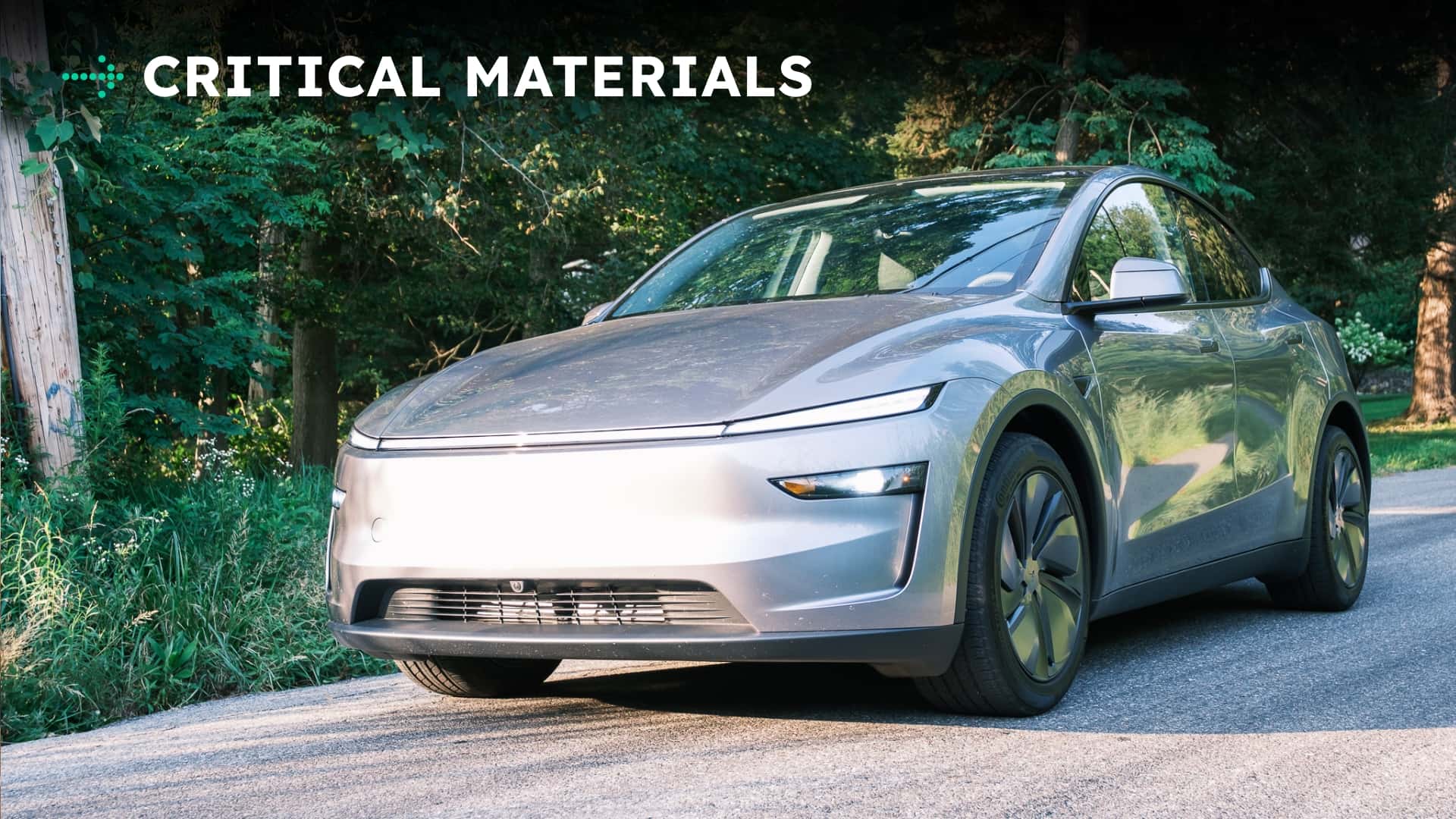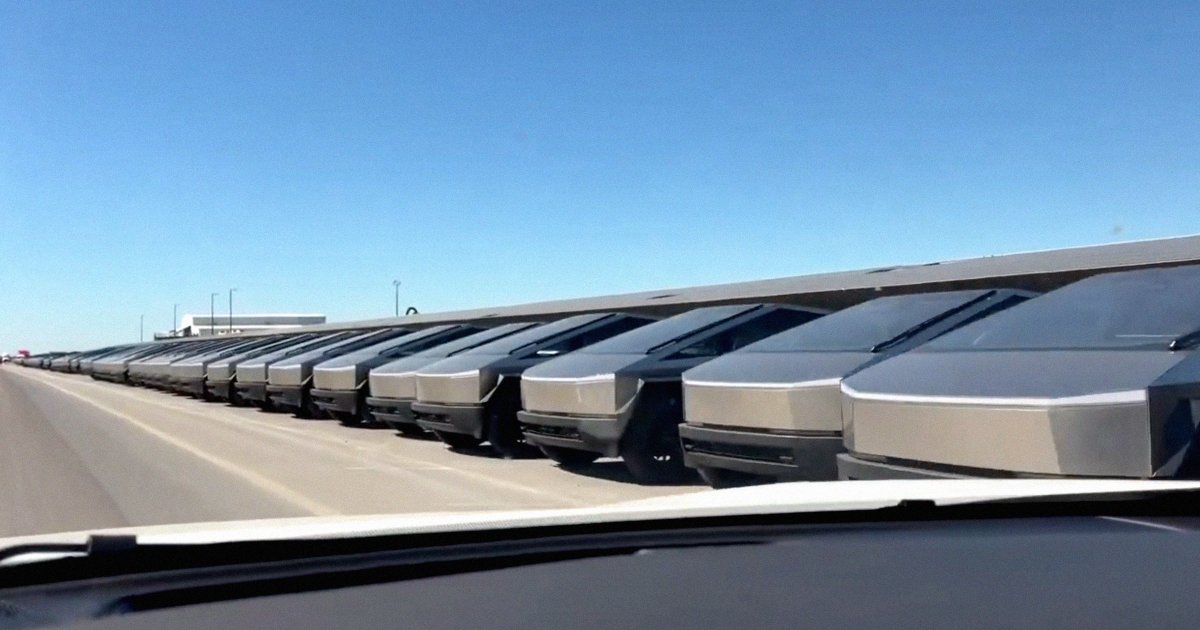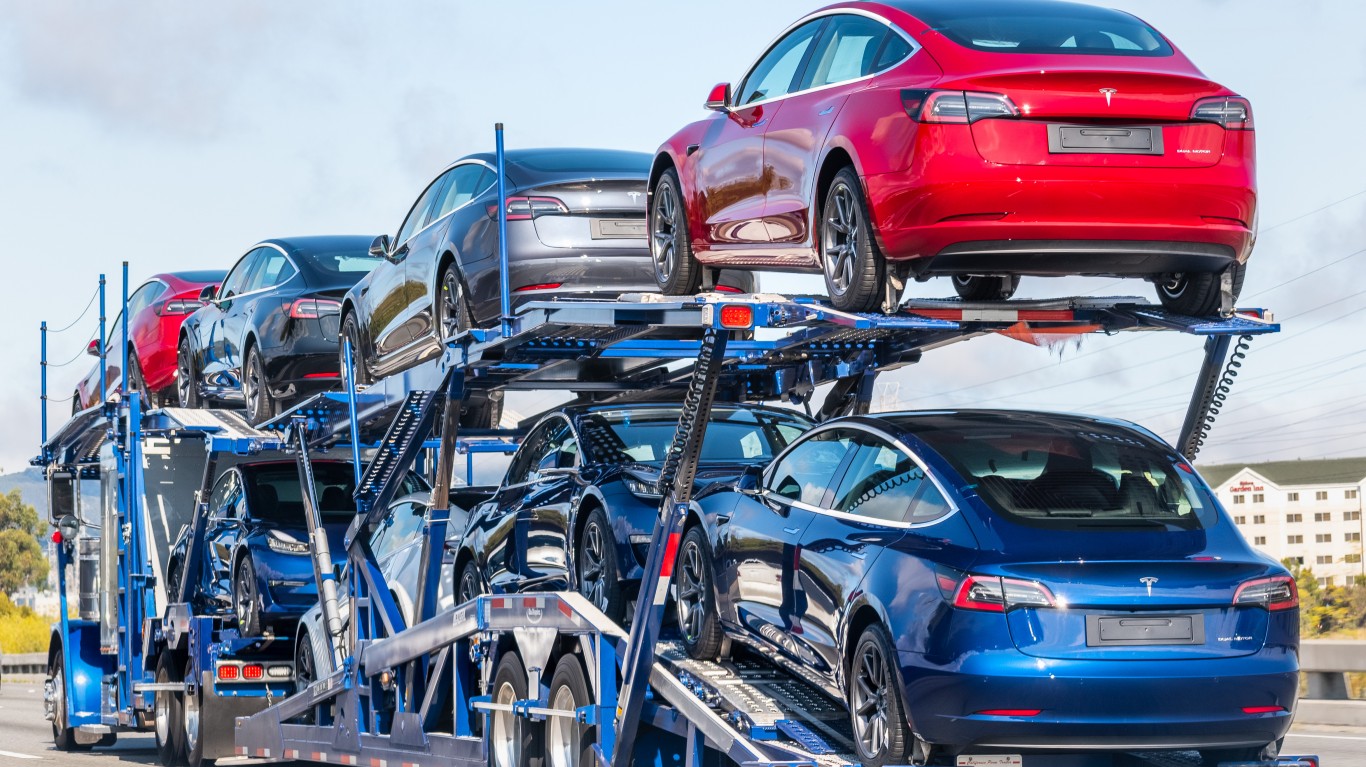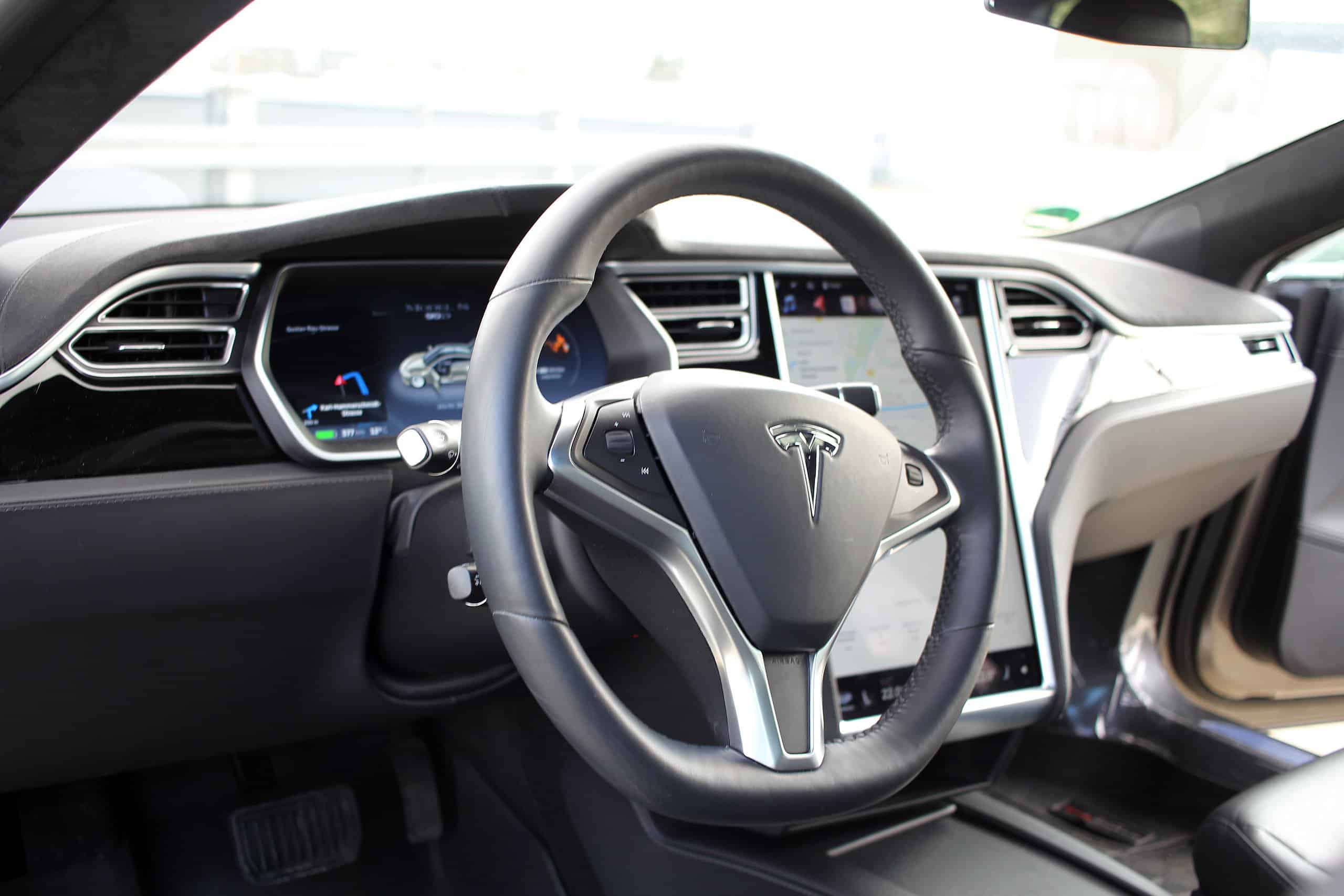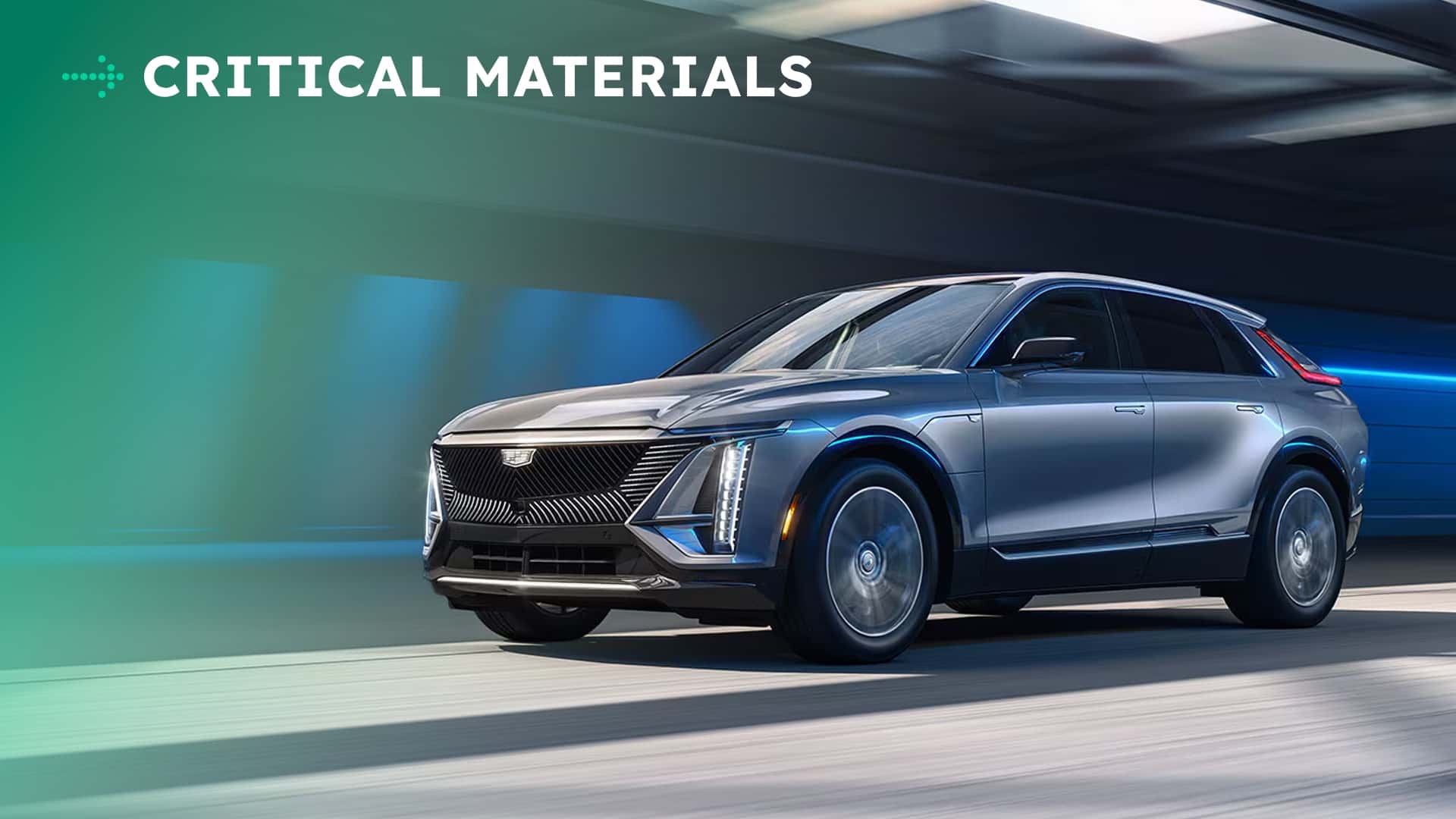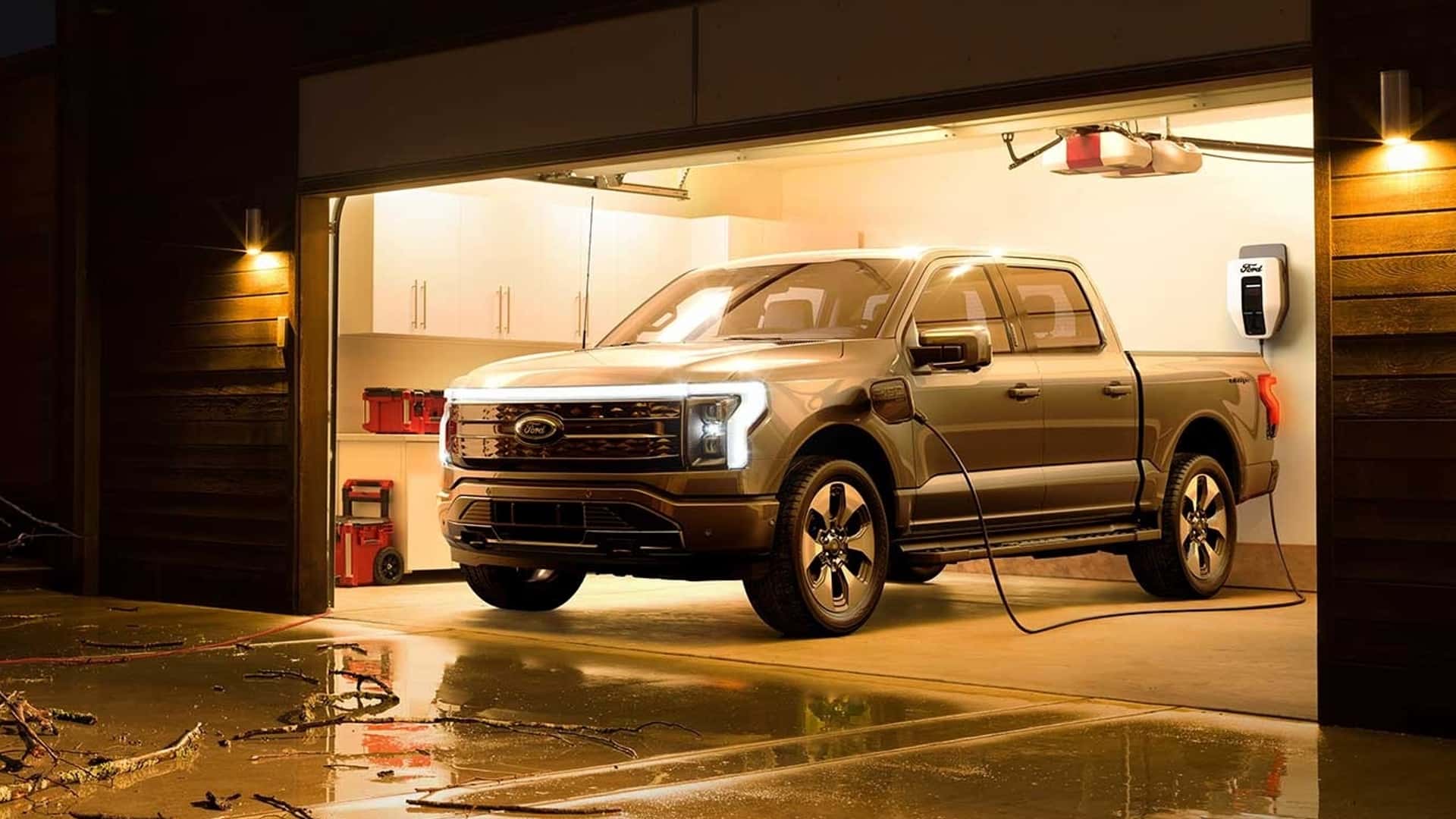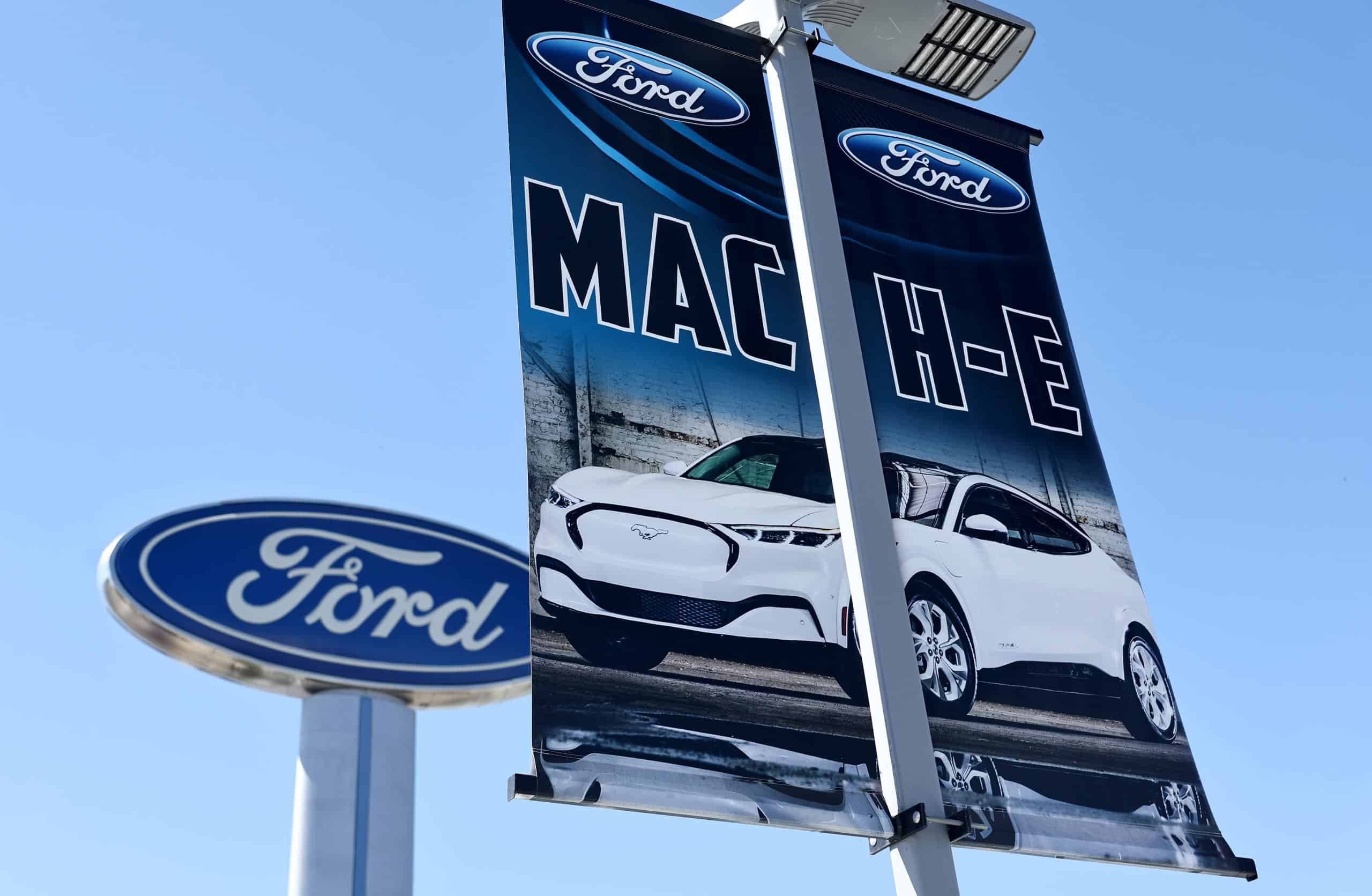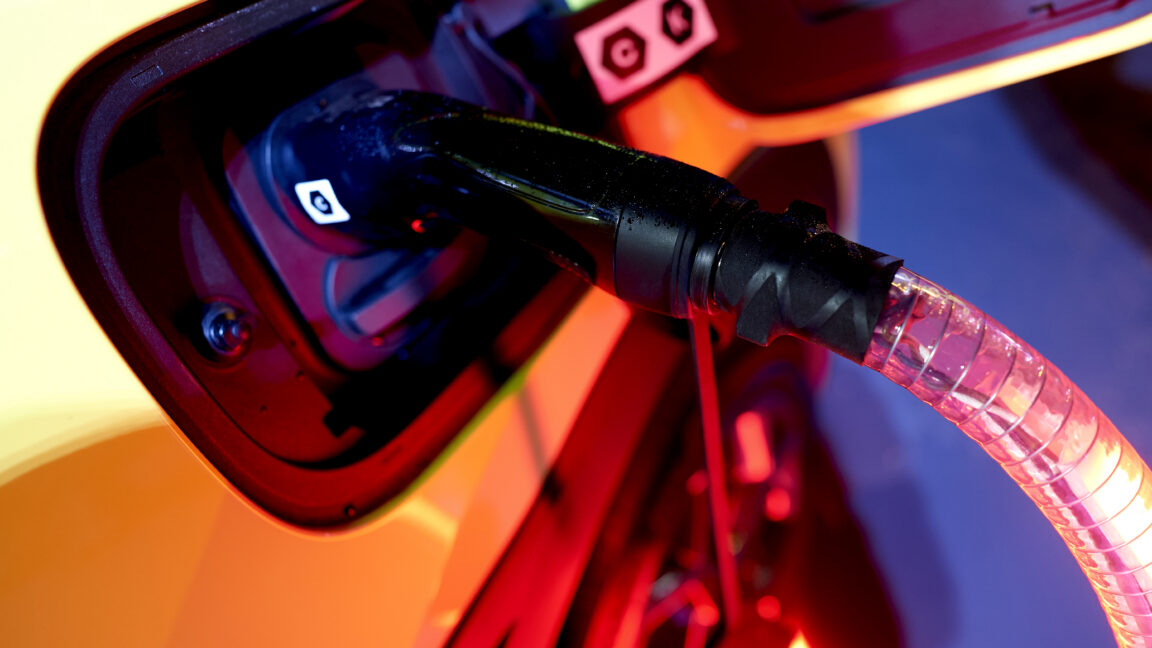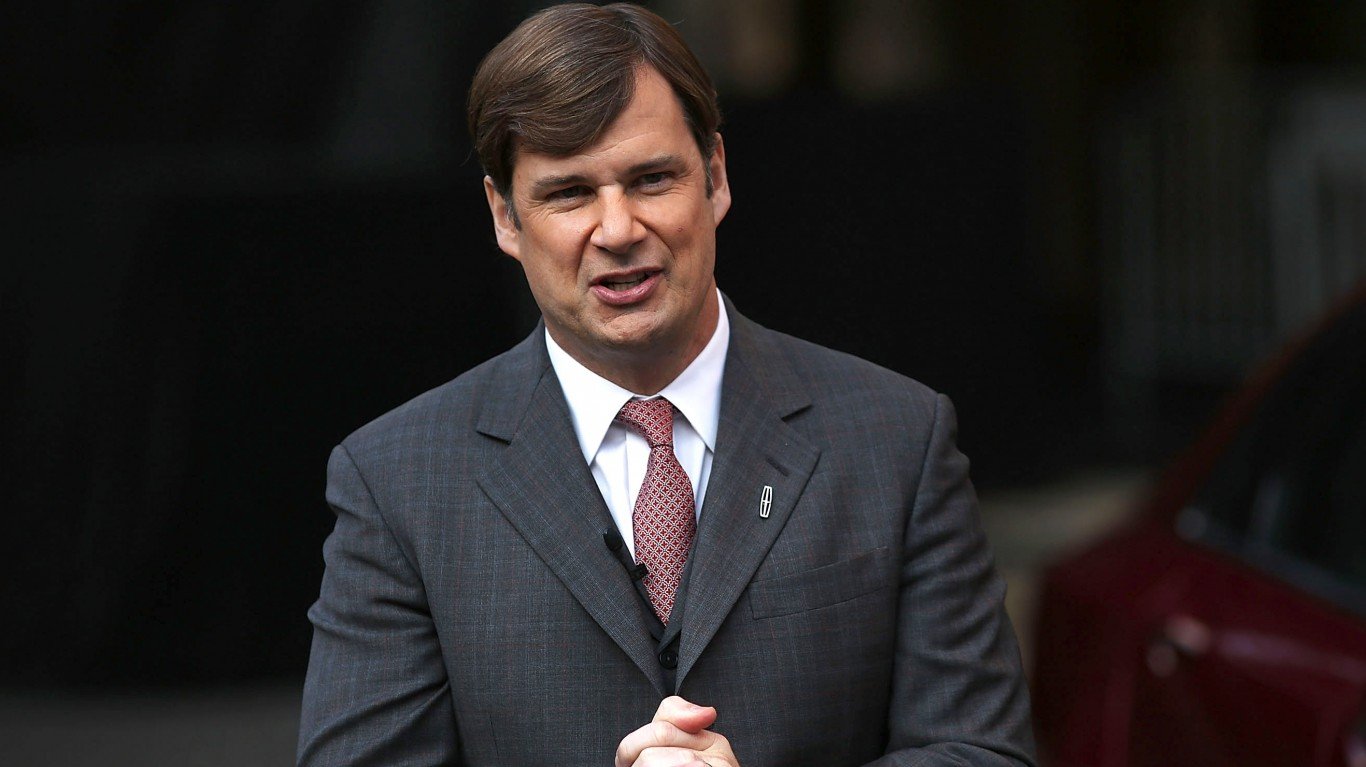#ev-sales
#ev-sales
[ follow ]
#tesla #electric-vehicles #elon-musk #cybertruck #ford #automotive-industry #byd #federal-tax-credit #market-share
fromBusiness Insider
2 months agoTesla offers new deals as it races to avoid another sales decline
Tesla is offering 0% APR financing for up to 72 months on select Model Y Standard purchases and is also advertising the option to lease a Model Y without a down payment on its website. Buyers can also trade in a gas car to receive 2,000 miles of free supercharging, and Tesla is offering complimentary upgrades, including premium paint jobs, tow hitches, and 19-inch "Nova" wheels valued at up to $1,500 on select inventory vehicles.
Business
frominsideevs.com
3 months agoMore Americans Want EVs, Despite The End Of The Tax Credit
EVs are far from done, despite the dramatic decrease in sales last month, the first full month after the $7,500 federal tax credit was repealed. Compared to September, EV sales plummeted by 53%, slashing the market share in half. But that's just part of the story, as data analytics, software, and consumer intelligence company J.D. Power recently discovered. For starters, last month's steep sales dip can be partly attributed to consumers rushing to get the tax credit in September, which ballooned the numbers.
Cars
frominsideevs.com
4 months agoRivian Needs The R2 Now More Than Ever
This marks the second time that Rivian has cut its sales projections this year. At the start of 2025, the company expected to sell up to 51,000 vehicles. In May, as it became clear that President Trump's tariffs and attacks on key climate policies would deal a blow to America's EV industry, Rivian cut the top end of its forecast to 46,000 units. Now it doesn't expect to meet that, either.
Cars
fromTechCrunch
5 months agoTechCrunch Mobility: A new speed bump for EV owners and Waymo's robotaxi fleet surpasses 2,000 | TechCrunch
The question was: "What's your prediction for EV sales over the next two quarters after the EV tax credit expires?" And about 60% of you predicted a steep decline. I don't totally disagree, although I do think some automakers will try to pass along the $7,500 federal tax credit through other price reductions for at least one quarter. Automakers with fresh EV models slated for late 2025 and 2026 may be better positioned than competitors. However, tariffs are also bound to shrink margins.
Cars
[ Load more ]
